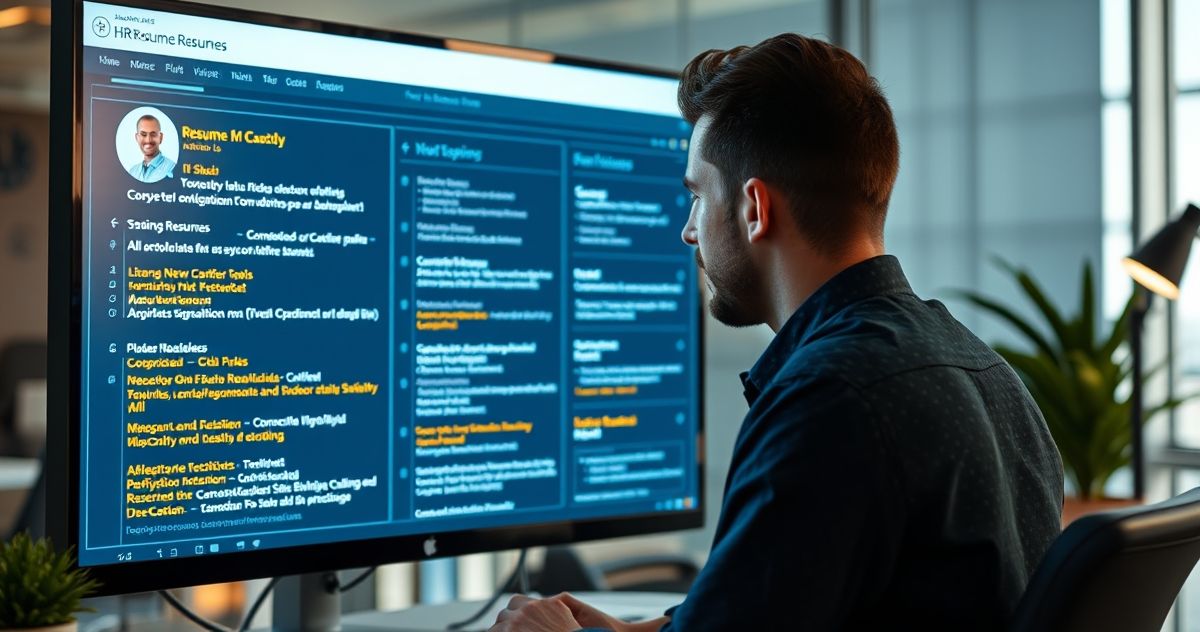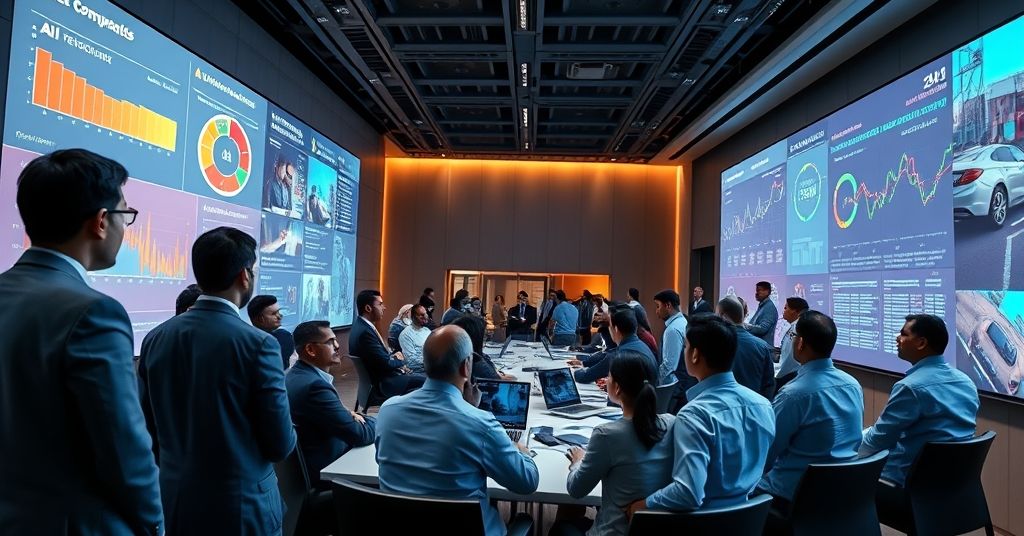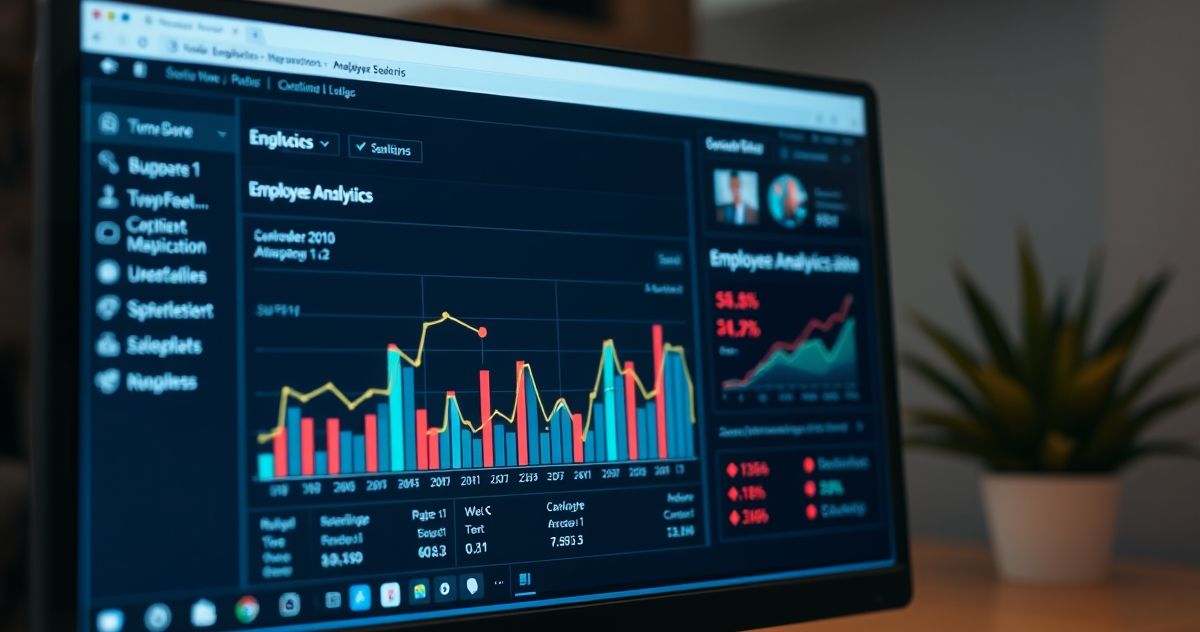AI-powered hiring is the latest frontier in the digital transformation of workplaces. From parsing resumes in milliseconds to predicting which candidate might be the best culture fit, companies are increasingly relying on artificial intelligence to streamline their recruitment processes.
Sounds efficient, right? But beneath the shiny promise of speed and cost-saving lies a complex reality: Can AI truly hire better — or is it amplifying human bias at scale?
How AI Is Used in Recruitment
AI tools in hiring now perform a variety of functions:
- Resume screening with keyword extraction
- Predictive analytics for job fit and attrition risk
- Video interviews analyzed for tone, facial expression, and language use
- Chatbots for initial candidate interaction
These tools are used by major firms like Unilever, Hilton, and IBM, cutting hiring times dramatically. AI hiring platforms like HireVue, Pymetrics, and HackerRank promise data-driven decisions and increased objectivity.
The Bias Problem in AI-Powered Hiring
Here’s the catch: AI learns from data — and human data is rarely neutral. When historical hiring patterns show preference for certain genders, schools, or ethnicities, the AI system can learn and reinforce these biases.
For example:
- Amazon had to scrap an internal AI hiring tool after it consistently downgraded resumes with the word “women’s” in them.
- Studies show facial recognition and tone analysis tools may misread expressions from diverse cultural backgrounds.
Even when unintended, these biases can result in unfair hiring practices and lost opportunities for qualified candidates.
Transparency and Accountability
One of the biggest criticisms of AI hiring is the black box problem — candidates are often unaware that algorithms are evaluating them, and there’s no clear way to appeal a poor outcome.
To combat this, experts call for:
- Explainable AI in recruitment platforms
- Audit trails showing how decisions are made
- Diversity-aware datasets for training algorithms
Legislation is catching up too. In 2023, New York City implemented a law requiring audits for automated employment decision tools, signaling a move toward stricter oversight.
How Companies Can Use AI Responsibly
Businesses should approach AI-powered hiring with caution and responsibility. Here’s how:
- Use AI to assist, not replace, human judgment
- Regularly audit hiring tools for bias and accuracy
- Train HR teams to understand and interpret AI outputs critically
- Ensure transparency with candidates about the use of AI in their evaluation
When done right, AI can help expand reach, speed up decisions, and reduce repetitive tasks — without sacrificing fairness.
AI-powered hiring holds massive potential, but it’s not without risks. The same technology that can open doors faster than ever can also quietly close them based on flawed logic.
The key lies in balance — combining the efficiency of machines with the empathy and oversight of humans.
If your résumé is being read by an algorithm today, let’s hope it’s a fair one.




